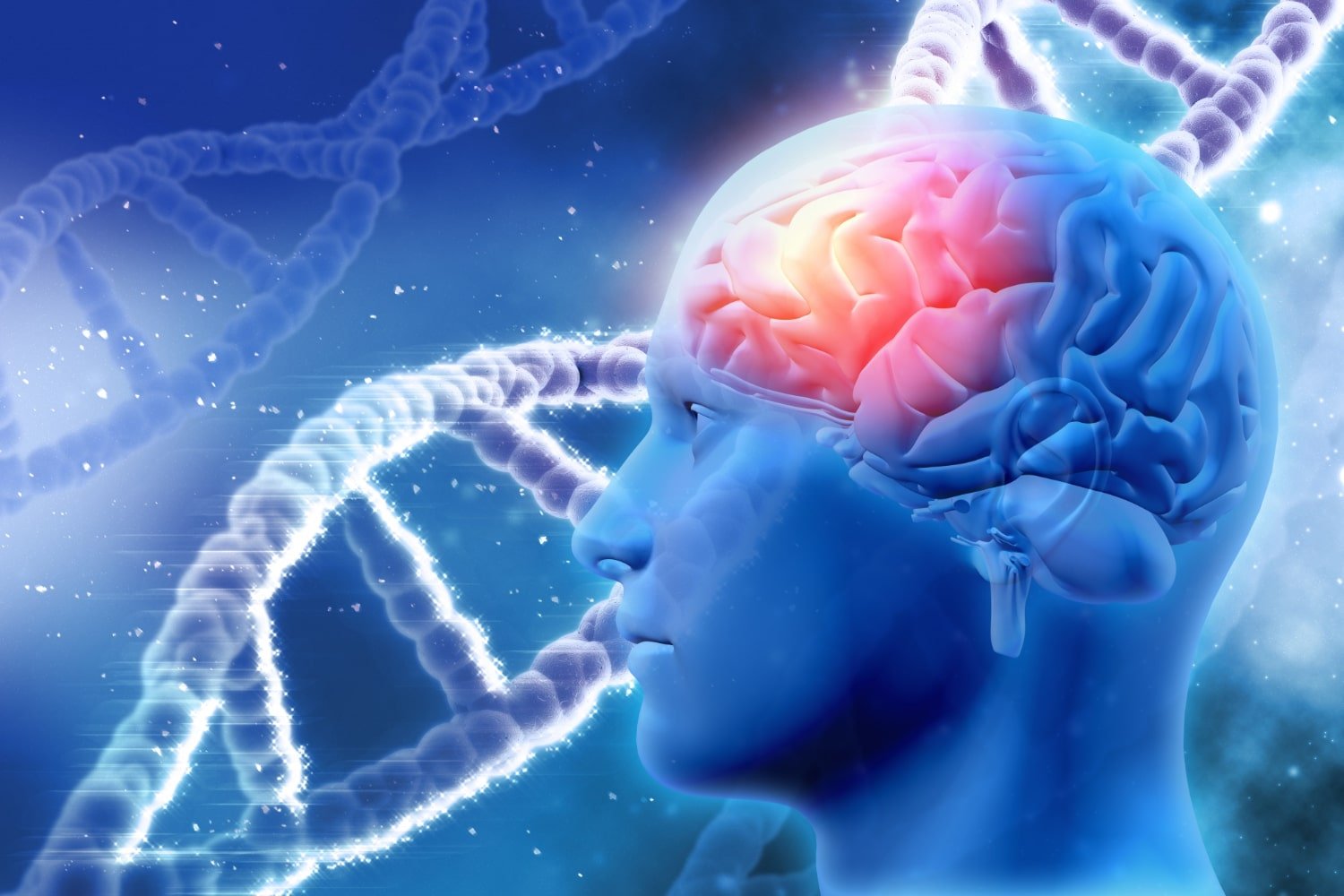What Is the Gut-Brain Connection?
Ever had “butterflies” in your stomach before a big event? Or noticed how stress affects your digestion? That’s the gut-brain connection in action. But what’s the secret communication pathway between your brain and digestive system? It’s a remarkable nerve called the vagus nerve.
In this post, we’ll dive into the role of the vagus nerve in gut-brain communication, how it impacts both mental and physical health, and ways you can naturally support it.
What Is the Vagus Nerve?
The vagus nerve is the longest cranial nerve in your body. Originating in the brainstem, it travels down through the neck, chest, and abdomen—touching the heart, lungs, and most importantly, the digestive tract.
It’s a central part of the parasympathetic nervous system, which controls the body’s rest-and-digest response. It plays a critical role in:
- Regulating heart rate
- Controlling digestion
- Managing immune response
- Modulating mood and stress levels
How the Vagus Nerve Connects the Gut and Brain
The vagus nerve acts like a bi-directional highway, constantly transmitting information between the brain and the gut.
Key Functions:
- Sensory Input from the Gut: About 80% of vagus nerve fibers send information from the gut to the brain—not the other way around. This includes signals about inflammation, microbial balance, and digestive processes.
- Mood Regulation: The gut produces around 90% of the body’s serotonin, a neurotransmitter that influences mood. Through the vagus nerve, gut health directly affects mental well-being.
- Inflammation Control: The vagus nerve can reduce inflammation by regulating cytokine production, which plays a role in autoimmune and chronic inflammatory conditions.

Signs of Poor Vagus Nerve Function
When the vagus nerve isn’t functioning optimally, it can affect both your mental and digestive health. Common symptoms include:
- Chronic stress or anxiety
- Depression
- IBS (Irritable Bowel Syndrome)
- Bloating and indigestion
- Poor heart rate variability (HRV)
- Fatigue or brain fog
How to Support and Stimulate the Vagus Nerve Naturally
Want to boost your vagus nerve function and improve the gut-brain connection? Try these evidence-based strategies:
1. Deep Breathing Exercises
Slow, diaphragmatic breathing activates the vagus nerve. Aim for 4-6 deep breaths per minute to promote calm.
2. Cold Exposure
Splashing cold water on your face or taking cold showers can stimulate vagal activity.
3. Meditation and Mindfulness
Practices that calm the mind, like meditation and yoga, enhance vagus nerve tone and reduce stress.
4. Humming, Chanting, or Singing
These vocal activities vibrate the vocal cords and stimulate the vagus nerve through the throat.
5. Probiotics and Gut-Friendly Diet
A healthy microbiome sends positive signals to the brain. Eat more fiber, fermented foods, and reduce inflammatory foods.
6. Regular Exercise
Moderate physical activity enhances vagal tone and supports both mental and physical health.
Final Thoughts
The vagus nerve is a powerful player in the gut-brain axis—linking mental health with digestive well-being. By understanding and supporting this connection, you can take proactive steps toward better mood, improved digestion, and overall whole-body health.

